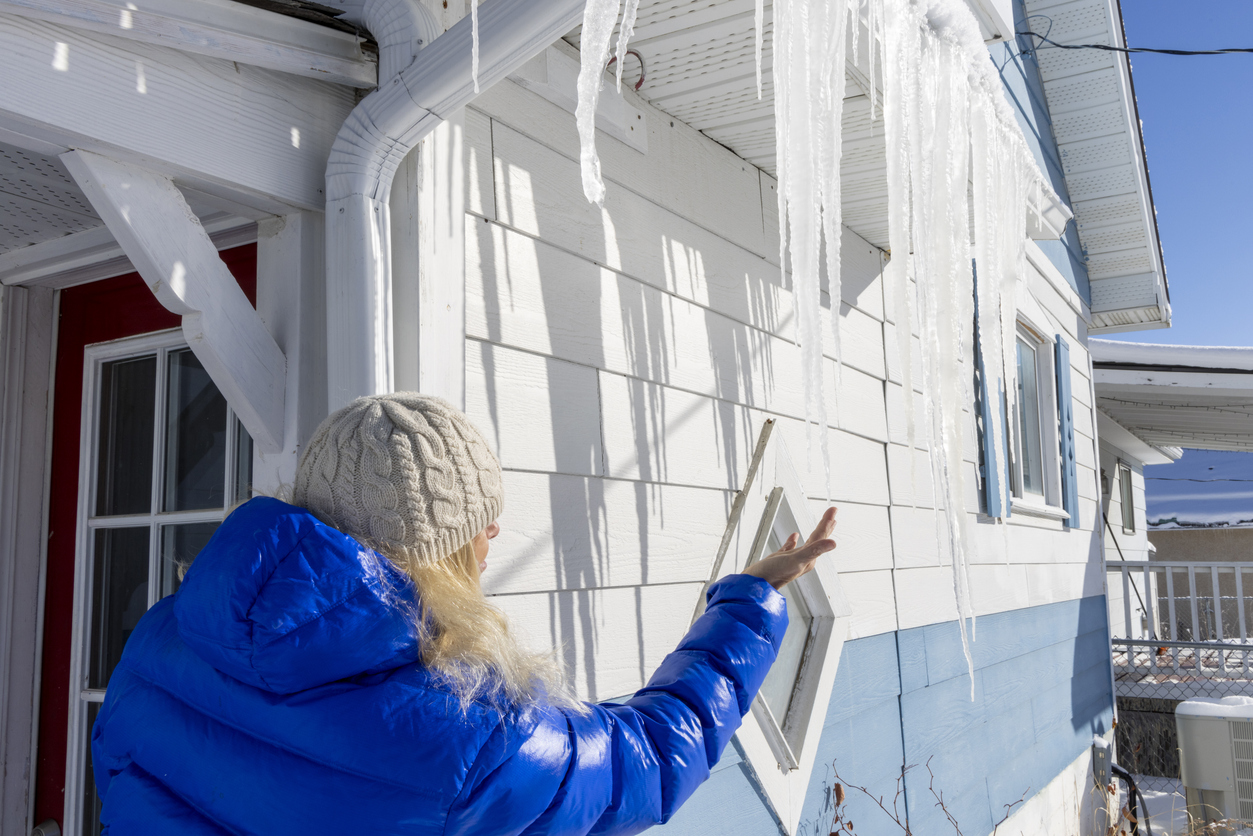Last week, I blogged about California case law and how California has influenced the modern day tort of bad faith in almost nineteen (19) different states. As I research and come to familiarize myself with the laws of Hawaii and insurance bad faith in Hawaii, I find that Hawaii’s bad faith laws and statues are not only heavily influenced by California case law, but that Hawaii is truly a jurisdiction where bad faith is just beginning to emerge.
In 1996, the Hawaii Supreme Court imposed a standard based upon reasonableness for the determination of bad faith. In Best Place, Inc. v. Penn Am. Ins. Co., 82, 133 Hawaii 120, 920 P.2d 334, 347 (1996), the Hawaii Supreme Court specifically recognized that in the tort of bad faith against an insurer, differing jurisdictions had a wide variation of the standards to find liability for bad faith. The Court specifically looked to the California cases of Gruenberg v. Aetna Ins. Co., 9 Cal. 3d 566, 510 P.2d 1032, 1037 (Cal. 1973), and Egan v. Mut. of Omaha Ins. Co., 598 P. 2d 452. 456-57 (Cal. 1979), where the reasonableness standard determined whether a bad faith claim was applicable. Ultimately, Hawaii’s Supreme Court adopted the reasonableness standard found in Gruenberg. Best Place, 82 Haw. at 133, 920 P.2d at 347.
In Best Place, the insured was a nightclub was destroyed by a fire. With a suspicion of arson, losing profits and a lack of willingness of the insured to submit to an EUO, the insurer refused to pay the claim. The Court found that, "there is a legal duty, implied in a first-and third-party insurance contract, that the insurer must act in good faith in dealing with its insured, and a breach of that duty of good faith gives rise to an independent tort cause of action."
Since the Best Place ruling, the Hawaii Supreme Court held that an erroneous decision by the insurer is not sufficient to plead a claim of bad faith unless the decision is improper and unreasonable. See, e.g., Enoka v. AIG Hawaii Ins. Co., Inc., 109 Hawaii 537, 551, 128 P.3d 850, 864 (2006).
As more bad faith cases are filed in Hawaii, it will be interesting to see if the Hawaii Supreme Court will continue to favor California case law.



